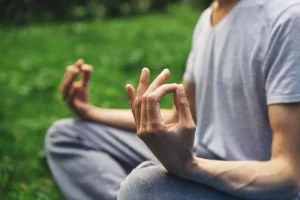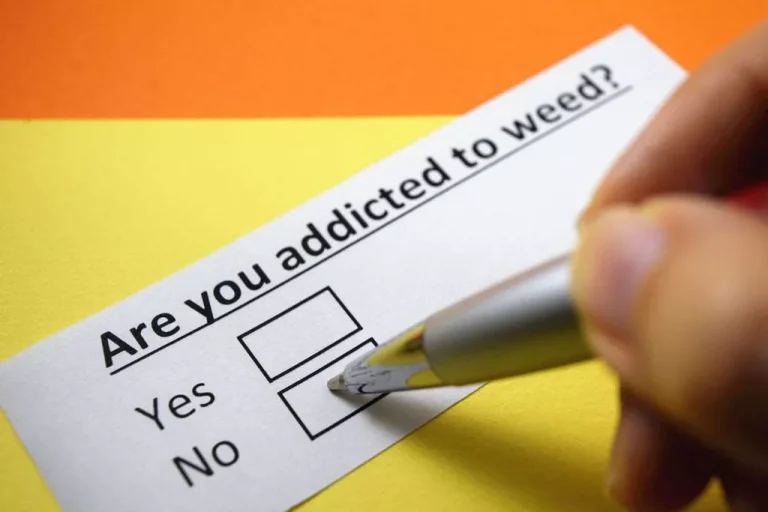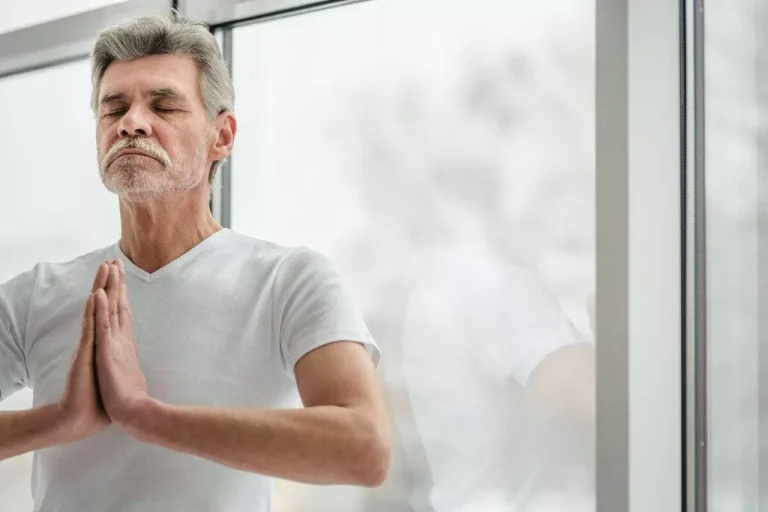
You may also be afraid of having a panic attack where you wouldn’t be able to get help. Because of these fears, https://ecosoberhouse.com/ you start avoiding more and more situations. Anxiety attacks may refer to distress that has built up over time due to consistent stressors or fears of the future.

Follow Calm Clinic on:
If you think you have a problem with alcohol, seek help from your doctor right away. If you experience sudden, intense anxiety and fear, it might be the symptoms of a panic attack.13 Other symptoms may include a racing heartbeat, or feeling faint, dizzy, lightheaded, or sick. Whether or not you drink, your panic attacks need to be addressed separately. Cutting out alcohol will help you cope better, and should reduce the likelihood of experiencing a panic attack, but it won’t stop them altogether. In order to truly take drinking and panic attacks control of your panic attacks, you should make efforts to treat the underlying anxiety that’s causing them in the first place.
How to stop alcohol abuse and manage panic attacks more effectively
That’s one way to avoid future bouts of hangxiety, but there are other things you can do to reduce your risk of experiencing alcohol’s less desirable effects. “About two drinks, or a blood alcohol concentration of 0.055, tends to increase feelings of relaxation and reduce shyness,” Cyndi goes on to say. A hangover is the body’s way of recovering after drinking alcohol, bringing with it a range of symptoms. There is an easy way to avoid anxiety after drinkingPrevention is always better than cure so avoiding alcohol can eradicate any risk of your suffering with alcohol induced anxiety. Many people use alcohol as a way to relax and socialize with others. However, social situations can also be stressful, especially for people who are prone to anxiety.
Breastfeeding & drinking alcohol guide: Is it safe?
In fact, 2019 research says alcohol misuse and anxiety may share some biological and brain processes, such as atypical amygdala function. This area Alcohol Use Disorder influences our emotion regulation and responses to stress. They can strike at any time — when you’re driving a car, at the mall, sound asleep or in the middle of a business meeting. You may have occasional panic attacks, or they may occur frequently. Although panic attacks themselves aren’t life-threatening, they can be frightening and significantly affect your quality of life. A bad hangover, even without hangxiety, can make you never want to drink again.
Sleep disruption

There is also a strong association with suicidal ideation/attempts, especially during intoxication or withdrawal. Executive functioning deficits during HID episodes can lead to poor decision-making. High-intensity drinkers are more likely than others to report blackouts, landing them in the hospital. Blacking out is different from passing out, which means falling asleep from excessive drinking or drinking oneself unconscious. Even within a beverage type, the alcohol content can differ significantly.

Many individuals will use alcohol as an unhealthy coping tool to reduce symptoms of anxiety. In all celebrations and gatherings with family and friends where alcohol-containing beverages are served, make sure that non-alcohol-containing beverages are also available. Many individuals may not wish to drink alcohol at any given time for a variety of reasons. Support their decision not to drink—don’t question or criticize—and further decrease stigma by offering attractive non-alcohol alternatives. Studies show that individuals choosing not to drink alcohol have just as much fun as those who choose to drink alcohol, so focus on enjoying the holidays and not on who is drinking what. If you’re agoraphobic, you’re afraid of having a panic attack in a situation where escape would be difficult or embarrassing.
If a person experiences alcohol withdrawal symptoms, it can create a cycle of heightened anxiety and increased alcohol misuse. Long-term alcohol use also often leads to tolerance, when a person needs to drink more to get the desired effect. For example, a person might have started feeling more relaxed after just one glass of wine. As time goes on, however, they might find they need two, three, or more glasses of alcohol to get the same feeling. Another proposed theory refers to an expectancy component in people with anxiety who use alcohol.
- There are no specific studies that suggest that one type of alcohol can affect anxiety levels more than other types of alcohol.
- Waking up after a night of heavy drinking can sometimes come with a fuzzy memory or uncertainty about what exactly happened when you were under the influence.
- Let’s say you drink a beer and martini but you don’t drink any water in between.
- If you rely on alcohol to mask anxiety, you may find you become reliant on it to relax – putting you at risk of alcohol dependence.
- Yes, anxiety after drinking alcohol can last for hours, or days.
Body Scan Meditation
However, drinking alcohol, especially heavily and over a long period of time, can actually increase your anxiety. While alcohol can make your panic attacks worse, alcohol itself doesn’t cause panic attacks on its own. In other words, even if you stop drinking alcohol, you are likely still going to have panic attacks – you simply won’t have alcohol triggering them. This means that cutting out alcohol can help – but often further action is required in order to take full control of your condition.

How are alcohol and anxiety related?
Other symptoms include sleepiness or excitability and warm, flushed skin, especially on your face and neck. It’s also possible to experience mood-related symptoms, including feelings of anxiety. While alcohol can lessen or put a stop to the anxious thoughts that often lead to panic attacks, drinking will only ever be a temporary fix. It will stop working once the alcohol leaves your body, and if you continually drink to quash your panic attacks, this can lead to long-term damage. Studies have found that heavy drinkers have increased cortisol levels due to alcohol’s effects on the body.
Setting Healthy Boundaries in Relationships
- If you believe you or someone you love has anxiety that gets worse with alcohol use, you or your loved one can take steps to treat their anxiety and cut down or stop drinking.
- Our flexible treatment options mean that if you’re struggling with alcohol use and panic attacks, you can get access to the support you need in order to get your life back on track.
- There are many effective treatments for anxiety and alcohol use disorders, including ongoing individual therapy, group therapy, prescribed medications, or a combination of these methods.
- By slowing down your nervous system, Xanax may quickly help put you into a more relaxed state.
But if drinking never ends, and the alcohol use becomes chronic, you might begin to see how anxiety and alcohol misuse can feed into each other. Society would have us believe that there’s no better way to unwind after a long day than by drinking a glass of wine, cold beer, or sipping your go-to liquor. But trying to relax with a drink or two may not give you the long-term anxiety relief you want. If you or someone you love is experiencing alcohol related anxiety, there are ways to cope. Psychiatric consequences of HID include increased risks for depression and anxiety, particularly after binges.

